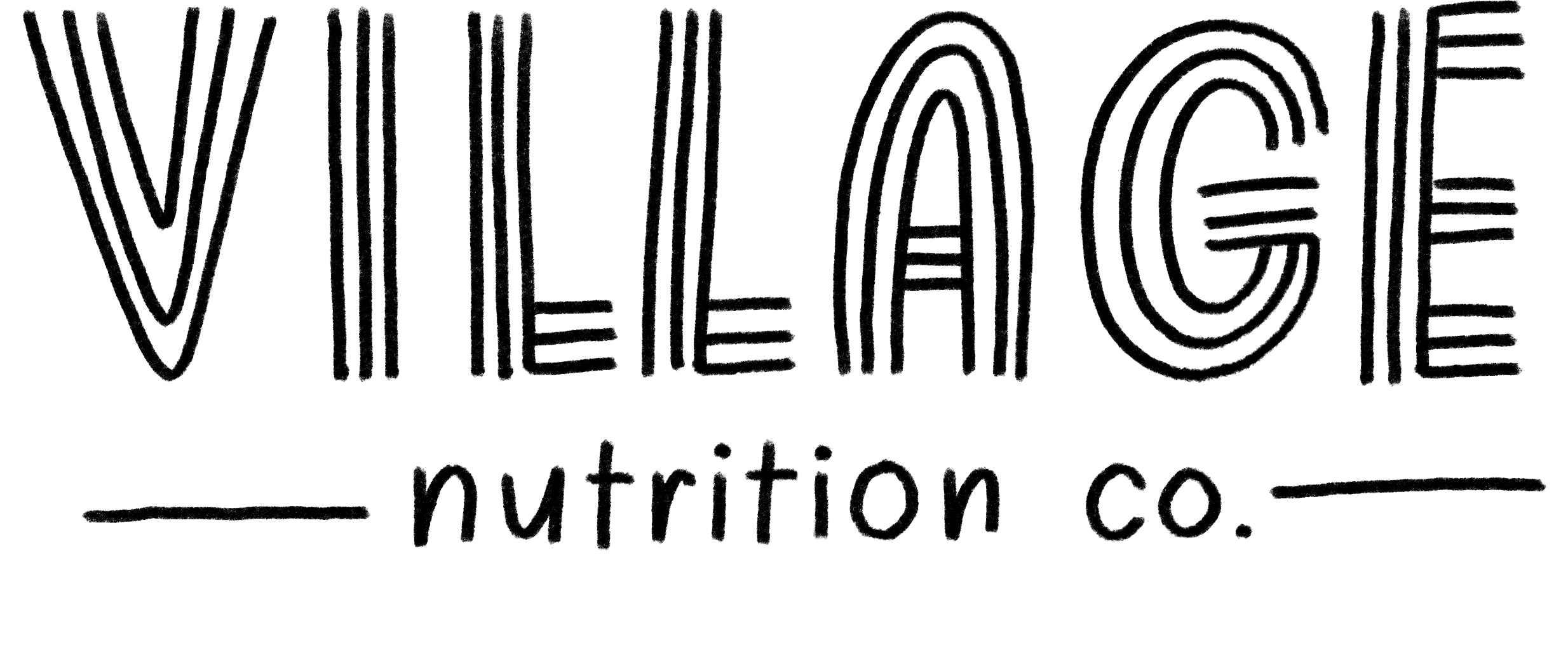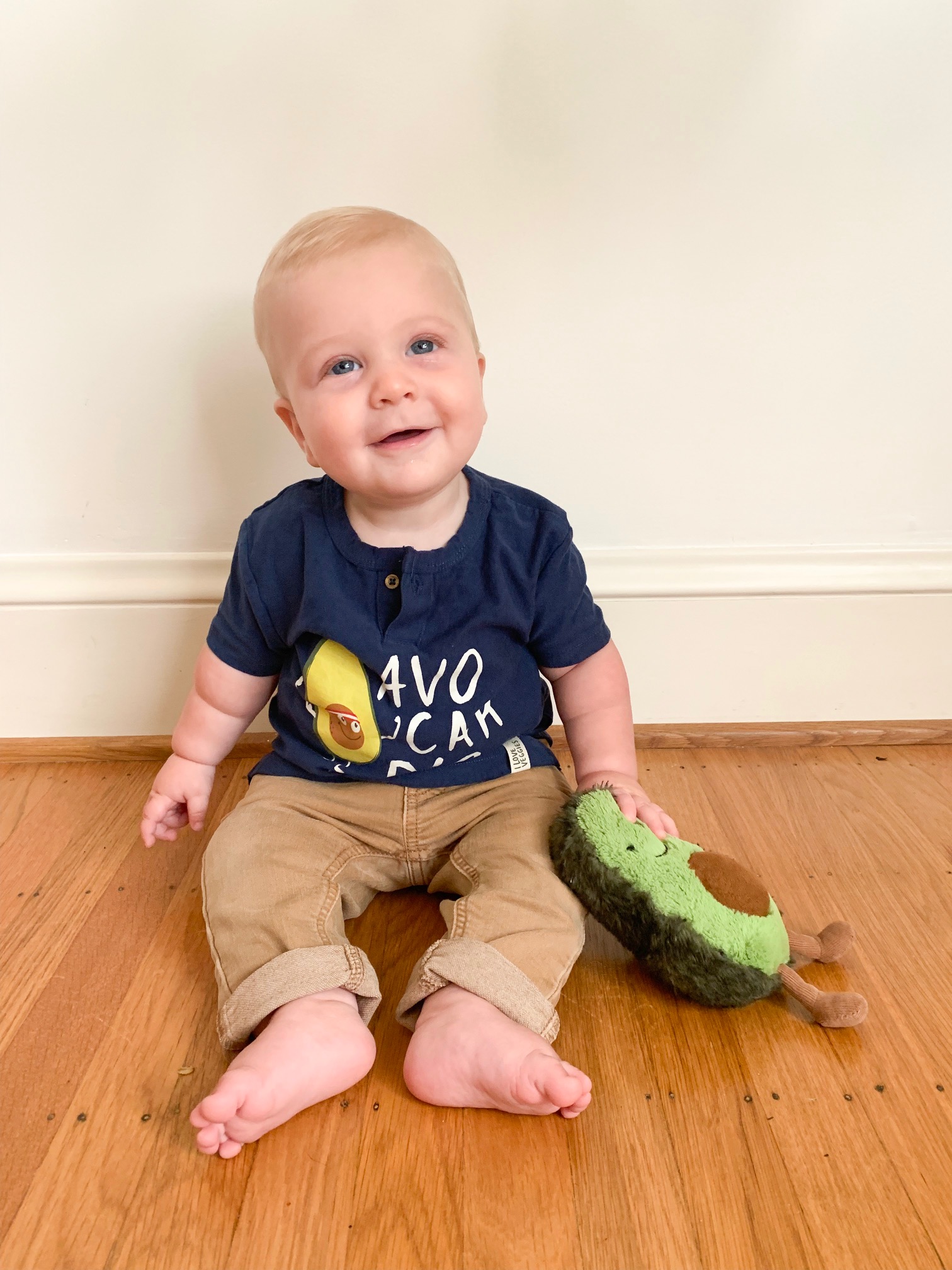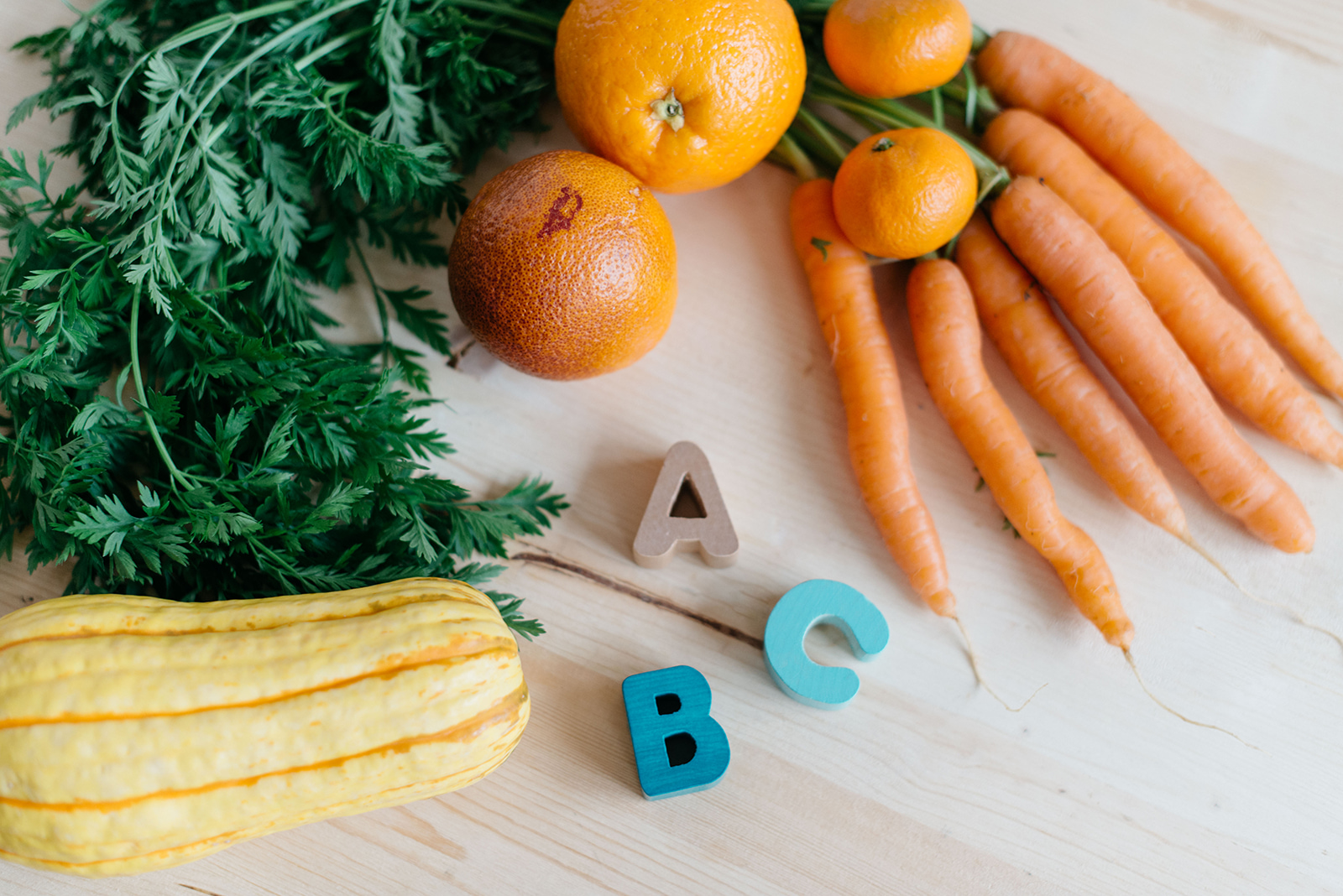Signs of Readiness for Solid Foods
Where does the time go? My baby is now 7 months old and he has officially had a place at our family table for a few weeks now. Around the six month mark, we started offering tastes (or a few times he would sneak them right out of our hands) here and there, following his lead as he was VERY interested. His initial interest really spiked around 4 and a half months old, but I knew that he still wasn’t quite ready for solid introduction. We ended up waiting until he was about 6 and a half months old to introduce solid foods in his highchair. How did I know he wasn’t ready at four and a half months? What gave us the green light at 6 and a half months? How do you make this decision for your little one? I’m glad you asked, read on!
Experts such as the World Heath Organization (WHO), the American Academy of Pediatrics (AAP), and the American Public Health Association (APHA), now all agree that it is best to wait until your baby is about six months of age to introduce solid foods. The recommendation to wait and exclusively breastfeed for the first six months hasn’t always been in place, and it used to be common practice to introduce solids as early as four months old. For this reason, some pediatricians and well-meaning grandparents may be surprised when you tell them you are waiting a couple more months for this milestone (especially if your baby is showing interest).
You may be wondering why this recommendation changed, and why some pediatricians still recommend starting solids as soon as four months in light of these changes. The truth is, this is still a somewhat controversial issue. If you started solid foods earlier with your baby (or if your best friend did) for one reason or another, then this post isn't intended to make you feel bad! There are still experts who adhere to the earlier solid introduction. The reason why you might delay this milestone until closer to six months of age is largely focused on your baby’s physiological development. Waiting until you observe some signs that your baby is developmentally ready for solids will ensure that he/she is is able to eat and digest the foods you are offering.
Five developmental signs that your baby is ready for solid foods:
Baby is approximately six months old (from due date)
Baby is eager to be involved at mealtime
Baby no longer has a tongue-thrust reflex (this reflex causes baby to push foods out of his/her mouth immediately when offered)
Baby can pick up things between his/her fingers and thumb
Baby is able to sit up unsupported
Benefits to Delayed Solid Food Introduction
An added benefit to waiting until the 6 month mark to introduce solid foods if you are breastfeeding is that your baby will be better protected from illness in those first six months because exclusive breastfeeding provides optimal immunity. According to this blog post from Kelly Mom, your baby’s digestive system will have more time to mature during this period (meaning baby will digest more efficiently and possibly have a lower chance of developing illness or allergies). I will note that there is conflicting research on whether or not delaying solid foods to 6 months prevents allergies, explored in this blog post from Science of Mom (If you’re interested in seeing these two sides I would skim both the Kelly Mom post and the Science of Mom post and look at the research linked).
Some other potential benefits of waiting until 6 months include a reduced risk for obesity and more satiety control for baby, as babies are better able to self regulate their food intake when they are older. Waiting may also be beneficial if you plan to incorporate Baby Led Weaning into your food introduction strategy, which involves giving baby finger foods right away instead of puree (more on BLW coming soon). A baby that is sitting independently and gaining more finger dexterity will be better equipped to eat solid foods, therefore easing the transition. There may also be some benefits for mom too if she is breastfeeding, including prolonged lactational amenorrhea, easier time losing unwanted baby weight if desired, and ease and transportability of infant feeding.
All this to say, ultimately it is up to you to determine when your baby is ready for this exciting milestone. I am a strong believer in trusting the mother’s intuition because every baby, family and situation is unique. There are always exceptions, and being able to read your baby’s cues will serve you well as a mom. You may find that your baby’s temperament may impact how you introduce foods as well, as my two children reacted very differently to first foods even though my approach was the same! The best advice I can give is to trust instincts and follow your baby’s lead.
So tell me, what questions do you have about first food introduction? What do you want to hear more about? Comment here or drop a comment on Instagram!


